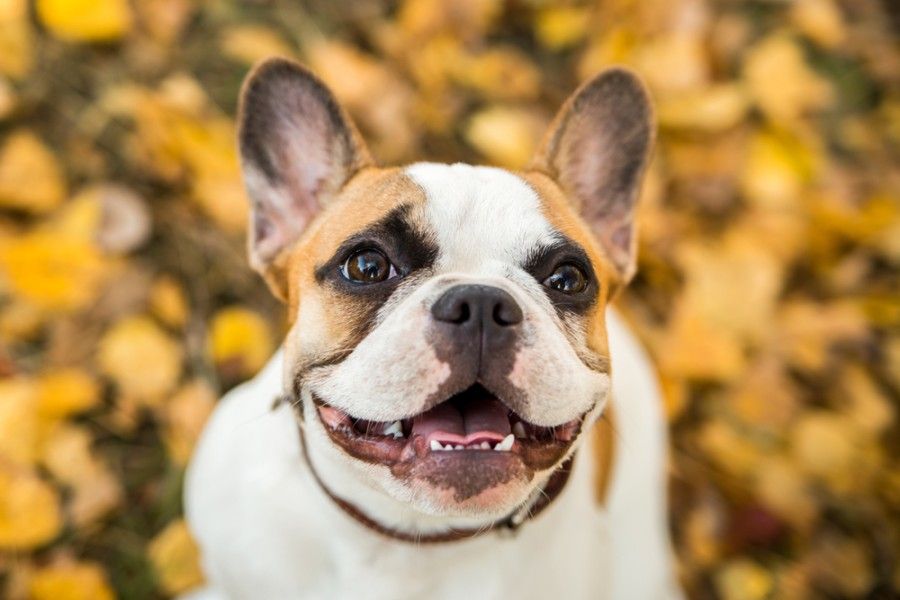Swiss Mountain Dog vs Bernese Mountain Dog: What’s the Difference?

Updated on
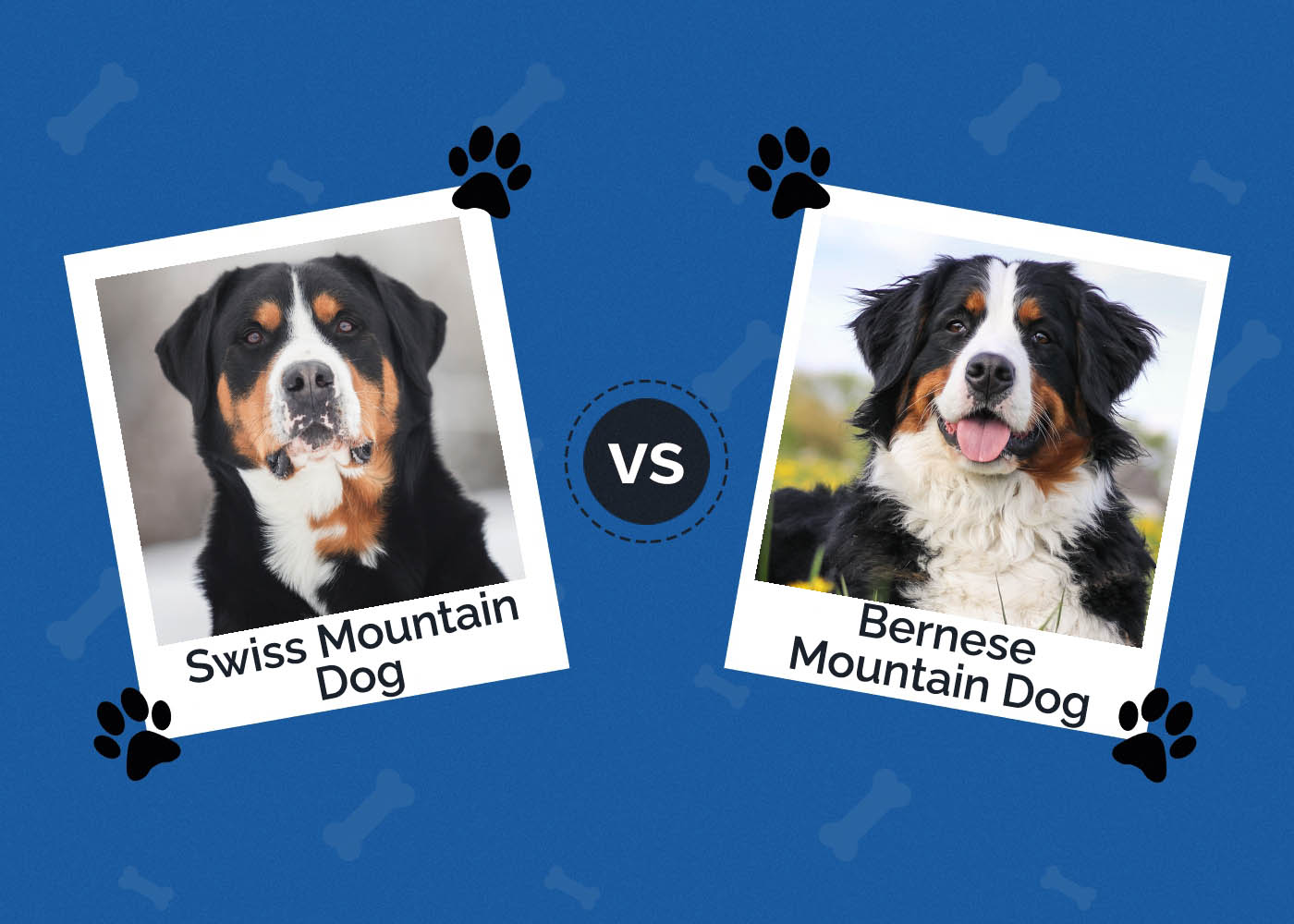
Both in the Working Group of dog breeds, the Swiss Mountain Dog and Bernese Mountain Dog seem to have many physical similarities. As such, they can be hard to differentiate. They share similar markings and coloring. Even their build is similar. The Bernese Mountain Dog is a fluffy, slightly smaller version of the Swiss Mountain Dog, but they have the same distinct white blaze on their forehead, white feet, and black and red fur interspersed on their legs, body, and face.
Visual Difference
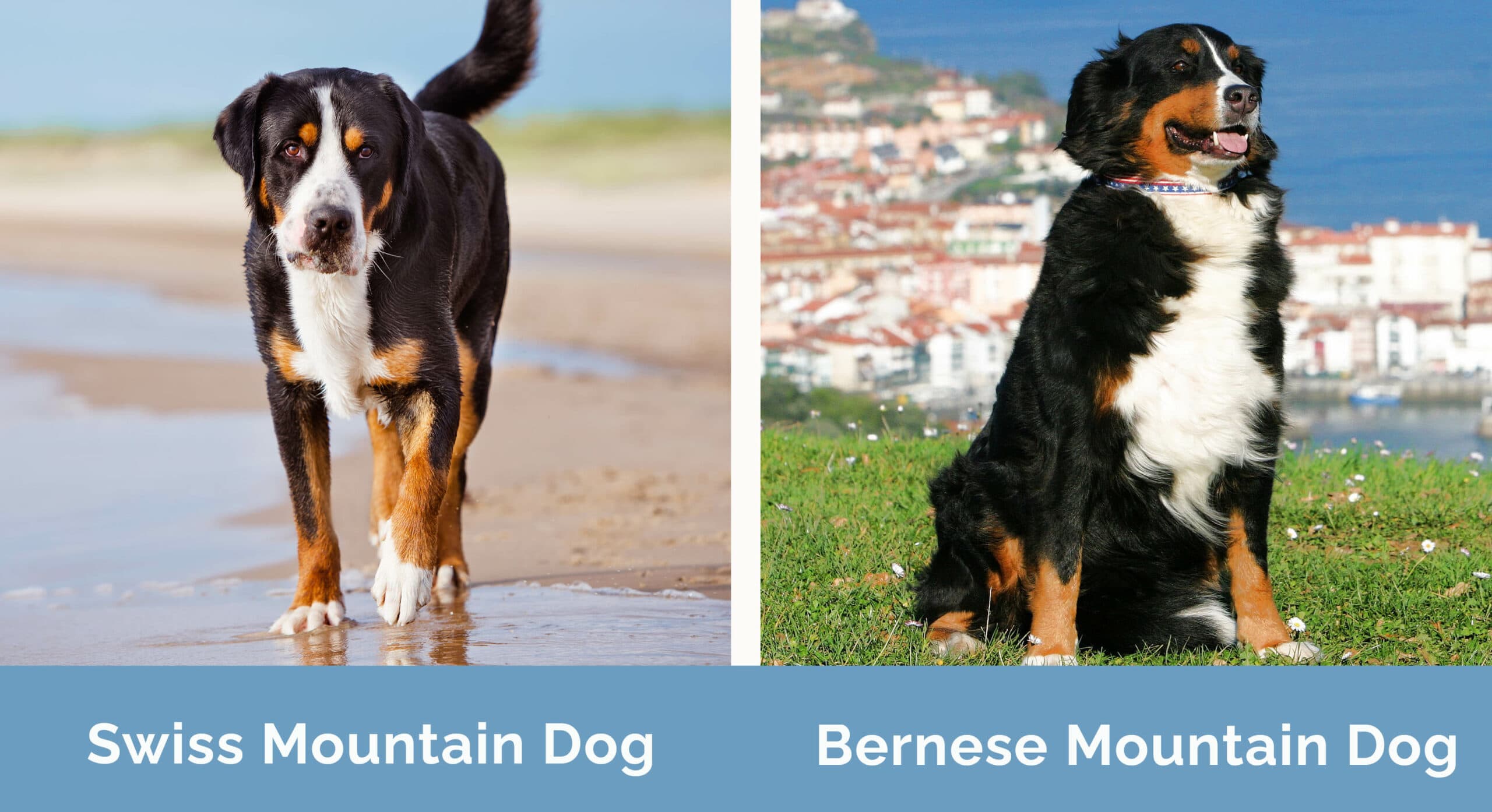
A Quick Glance – Swiss vs Bernese Mountain Dog
- Average Height (adult): 23.5-28.5 inches
- Average Weight (adult): 85-140 pounds
- Lifespan: 8-11 years
- Exercise: High needs
- Grooming needs: Moderate
- Family-friendly: Very
- Dog-friendly: Often
- Trainability: Excellent
- Average Height (adult): 23-27 inches
- Average Weight (adult): 70-115 pounds
- Lifespan: 6-8 years
- Exercise: High needs
- Grooming needs: High
- Family-friendly: Yes
- Dog-friendly: Yes
- Trainability: Excellent
If you’re interested in learning more about each of these breeds, or if you’re considering adopting either breed, continue reading to find out more information about their size, grooming needs, temperament, and trainability, and how they compare to one another, so you can make a decision that is right for you and your family.
Swiss Mountain Dog
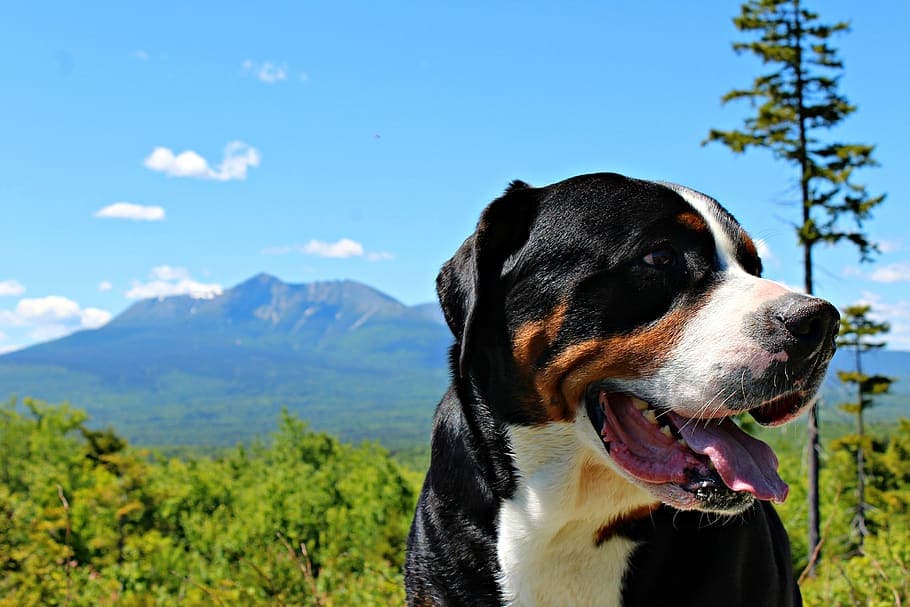
Originally, Swiss Mountain Dogs were bred and used to haul produce through the Swiss mountains. Their brawn was valued because they could utilize their mass and strength to pull large carts through mountainous regions.
Swiss Mountain Dogs are hefty animals, weighing between 115-140 pounds for males and 85-110 pounds for females. They typically grow between 23.5 and 28.5 inches tall. Their coats are on the shorter side, only needing to be brushed weekly. Shedding may occur seasonally, but it shouldn’t be much of an issue with regular grooming upkeep.
When it comes to their personality and temperament, they are agreeable and family-oriented. They are energetic and like to play and exercise. Swiss Mountain Dogs are good with children, but they may need to be supervised when interacting with other dogs. This is because they’re fiercely loyal and may act protective when other dogs are around. Training them is not difficult, as they like to please their family/owner and want to do well.

A shared trait between both the Swiss and the Bernese is their booming bark. Their voices can carry far, which may not be the most appealing to neighbors. Keep this in mind if looking for a house pet.
- Family-oriented
- Loyal
- Normal grooming upkeep
- Good with children
- Easy training
- May need supervision with other dogs
- Loud bark
Bernese Mountain Dog
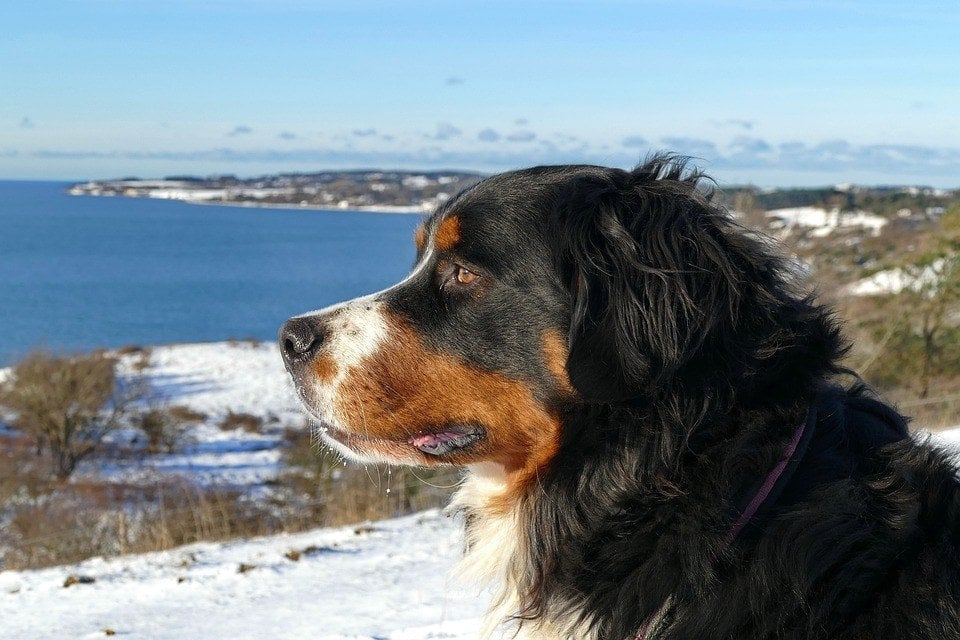
Similar to the Swiss Mountain Dog, the Bernese were used for hauling and herding as they are quite strong and athletic. This energy level remains today, as they love to play and exercise.
Bernese Mountain Dogs are slightly less hefty than Swiss Mountain Dogs. Males generally weigh between 80 to 115 pounds, and females weigh between 70-95. They can grow between 23 and 27 inches tall, though, similar to the Swiss. Their fluffy fur makes it seem like they are heavier, but in reality, they are much less massive.
Because they are fluffier, they do have a medium-length coat and therefore shed more often. To keep shedding under control, they need to be brushed two or three times every week. Unlike the Swiss, they are year-round shedders and need the same amount of upkeep frequently.
The personality of the Bernese is similar to the Swiss in that they are also friendly and loyal, but the Bernese can be more aloof, especially around strangers. They tend to favor one individual more than anyone else and are fiercely protective of them. They can be described as “gentle giants” or “teddy bears” because they are more shy and cautious, especially with children around. They are also good with other dogs and don’t need much supervision.
Training is easy, as they aim to please. They can follow commands well and are especially obedient to their family, possibly one person in particular. It isn’t difficult to train them, and they learn quickly.
As mentioned, the Bernese also has a loud, booming bark, but this can be controlled through training.

- Strong but friendly
- Loyal
- Good with other dogs
- Good with children
- Shed frequently
- Aloof with strangers
- Loud bark
Final Thoughts
Between a Swiss Mountain Dog vs Bernese Mountain Dog, there are more similarities than differences. The Swiss weighs more, and the Bernese sheds more, but when it comes to their temperament and trainability, they’re both great family dogs that will love you unconditionally. If you don’t mind their extra-large size and heavy weight, they can be excellent house pets. They may not be the best option for a small house or an apartment, as they need a great deal of room to play and lounge. They also have a loud bark that neighbors in an apartment building probably won’t appreciate.
Both are easily trainable and aim to please their owners, so they are generally well-behaved. They often have an affinity for one particular person over others, although they love their entire family. Either breed will make for a great family dog because they are gentle, friendly, and generally have more pros than cons.
Now that you can differentiate between these two similar dog breeds, you can show off your knowledge to your friends or apply it toward making an informed adoption decision.
See also:
- Bernedoodle vs Bernese Mountain Dog: Which One Is Right for Me?
- Bernese Mountain Dog vs. Great Pyrenees: Learn to Know the Difference
Featured Image Credit: (L) AnetaZabranska, Shutterstock | (R) Eve Photography, Shutterstock




